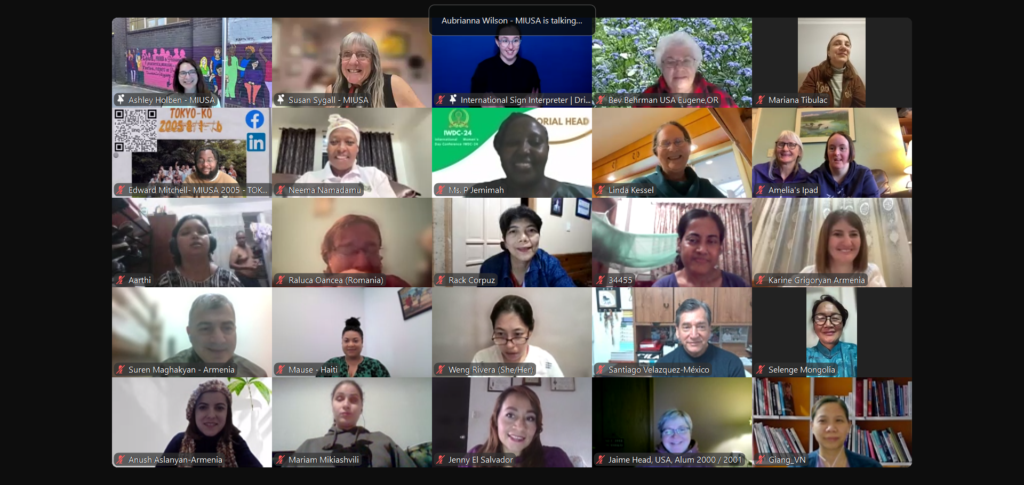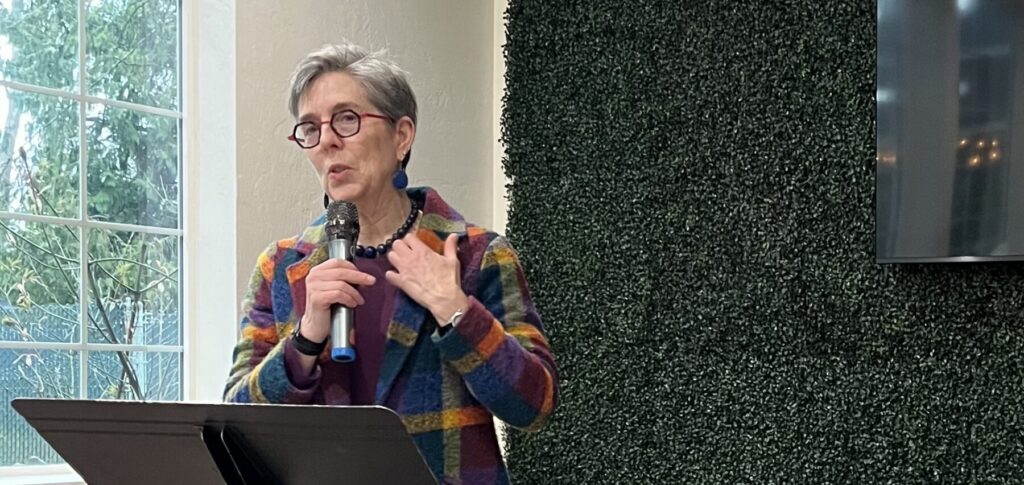We typically need documentation in order to verify that a student has a disability before reasonable accommodations can be provided. How should we go about this in the case of international students?
Disclaimer: The information in this blog post is provided for general informational purposes only. No information contained in this post should be construed as legal advice, nor is it intended to be a substitute for legal counsel on any subject matter.
There are a few different things that factor in the documentation as it concerns international students. You need to get a sense of the medical diagnosis, the functional limitations resulting, and what that means for the individual in their daily life.
Check out our tipsheet on “Disability Documentation When Studying in the U.S.”
While documentation can be an Individualized Education Program (IEP), or a formal letter from a doctor or therapist, sometimes a student’s self reporting can also count. The degree to which you need that formal doctor’s letter depends on whether:
It turns out that the Americans With Disabilities Act (ADA) does not actually require formal documentation, though many institutions ask for it in order to clarify the nature of student disabilities and the kinds of supports that would be most effective.
Remember that the ADA says you have a disability if you have any physical or mental impairment that substantially limits a major life activity, a record of such impairment, or are regarded as having such an impairment. Schools should check with their legal counsel about the approach to take. Consider referring to the article from JPED on disability documentation and the Americans with Disabilities Act Amendments Act (ADAAA) published just after ADAA went into effect, which argued that schools would have to put more emphasis on function rather than diagnosis, as the amendments broadly expanded the definition of disability.
The first challenge unique to international students is the language. El Paso Texas has a lot of students from across the border, and that documentation tends to be in Spanish, which they translate on-campus. Missouri State University has also received documentation in other languages, including Korean and Chinese, and they also received support from the language department on their campus for translating. The majority of time, most offices have found that the documents received from other countries have been in English already.
Where there is no documentation or insufficient documentation, students might self-report. This could consist of an interview in which the student is questioned about the disability and the RA requested. Questions might include things such as:
Sometimes students received extra support at home, but they never thought of it as reasonable accommodations for a disability.
If formal documentation is necessary, there are a few options. In the case of UTEP and Missouri State, an international student may use on-campus resources that will diagnose learning or mental health disabilities at little or no cost depending on the student’s resources. They could get tested in the community, though without insurance those costs could run in the thousands of dollars. They might also go home on break, perhaps receiving provisional reasonable accommodations in the interim, and get tested. The student could take a copy of the disability service office’s form outlining the information that is required, in order to provide guidance for the overseas medical professional.
There is also an approach for identifying learning disabilities through direct testing, and looking at scores on the TOEFL and the Modern Language Aptitude Test.
Check out a few related practices on sharing information with newly admitted international students about disability support, as well as tips on supporting students with undiagnosed learning disabilities:
Was this helpful? Let us know what you think by dropping us a line clearinghouse@miusa.org either about this topic or something else that you are trying to work out.
We would like to thank Justin Lozano and Bill Dethlefs, Disability Resource Center directors from Missouri State University and University of Texas at El Paso, for their time and valuable insight into this topic.
Sign up for our E-News






Manage Your Privacy